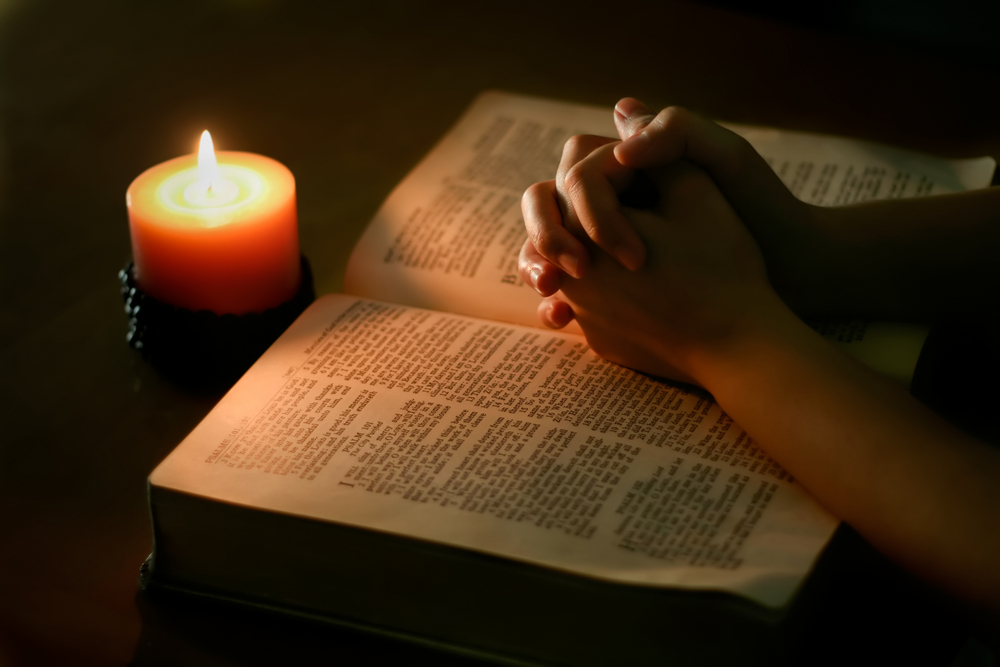 This blog post contains some recent reflections of mine on the inner life. (The audio of this post forms a minisode…with links below)
This blog post contains some recent reflections of mine on the inner life. (The audio of this post forms a minisode…with links below)
The time at which I’m posting this is at the end of one year with, of course, the dawn of a new year approaching. I’ve been reflecting at this time about how to deepen the inner life which we have with Christ. One person whose writings have been instrumental in my thinking about the inner life was Andrew Murray, a pastor and writer from the late 1800s and early 1900s. His caution to us is a good one although it might seem a bit counter-intuitive. He warned about substitutes for God. The very nature of idolatry is substituting a false god for the one real and true God. However, Murray’s words have us think in terms that, at first, might not seem idolatrous. In his book “The Inner Chamber and the Inner Life”, we read the following: “You are in danger of substituting prayer and Bible study for living fellowship with God….Your desire to pray humbly and earnestly and believingly may so occupy you that the light of His countenance and the joy of His love cannot enter you…the very Word of God may become a subsitute for God Himself.”
This is a good reminder to not let two means of God’s grace to us become ends in themselves. The Pharisees of the 1st century, written about so often in the Gospel accounts, had a formal theology which was closer to that of Christ’s than any other group of that time. Yet, Christ refers to them as sons of hell and their converts twice the sons of hell as those who converted them. (See Matthew 23:15) What was admirable on paper became abominable in the way it was practiced. As we look to deepen our inner life in Christ, at whatever time of year it is, or whatever season of life we live in, we need to be careful that, in our practice, time spent in prayer does not become more important than the One with whom we are spending time in prayer. We need to be careful to not allow Bible reading to simply become an item on our things to do list. We need to remind ourselves that the reading of the written Word of God should never be our end goal. The end goal must be encountering the living Word of God, Jesus Christ.
In conclusion, I want to stress the importance of prayer and the privilege we have of listening to or reading the Bible. We must not neglect them. We must never practice them as ends in themselves.
Player and Download Links below:
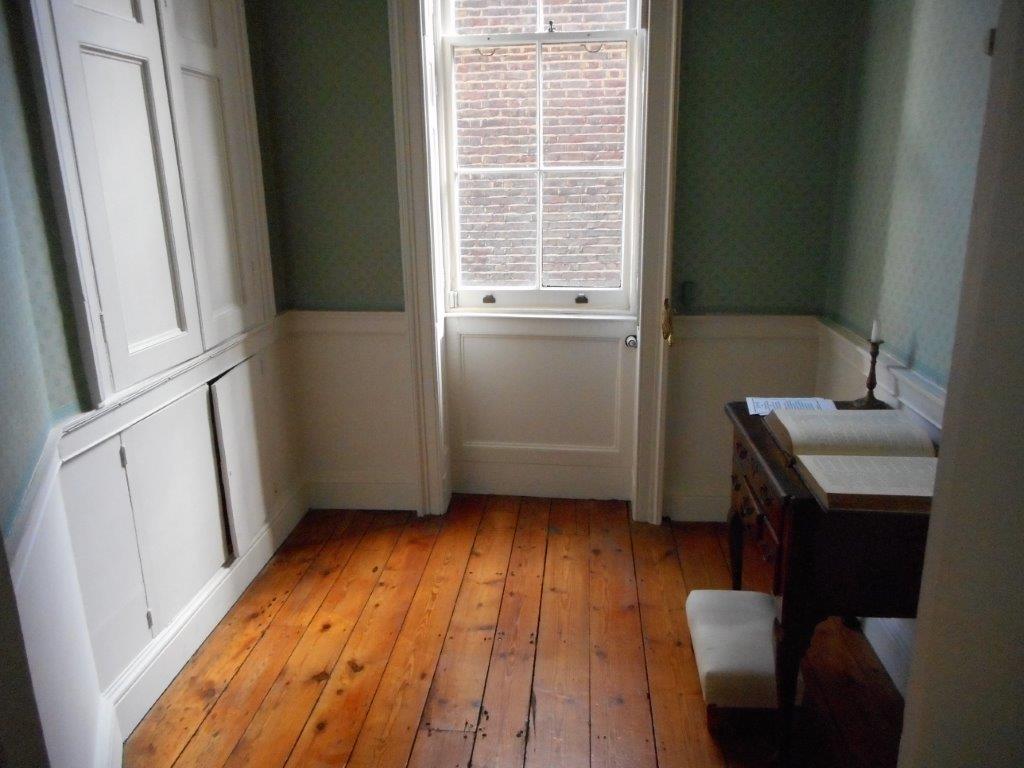 Episode 90 centers on a discussion of four lessons in living the Christ life which the host learned from touring several sites in London which have deep roots in Christian history. The four lessons point to the importance of (1) Sacred Space and Time; (2) Disciplined Practice of Word and Prayer; (3) Living the Christ life well despite times and circumstances; (4) Planning and Organizing the work which God
Episode 90 centers on a discussion of four lessons in living the Christ life which the host learned from touring several sites in London which have deep roots in Christian history. The four lessons point to the importance of (1) Sacred Space and Time; (2) Disciplined Practice of Word and Prayer; (3) Living the Christ life well despite times and circumstances; (4) Planning and Organizing the work which God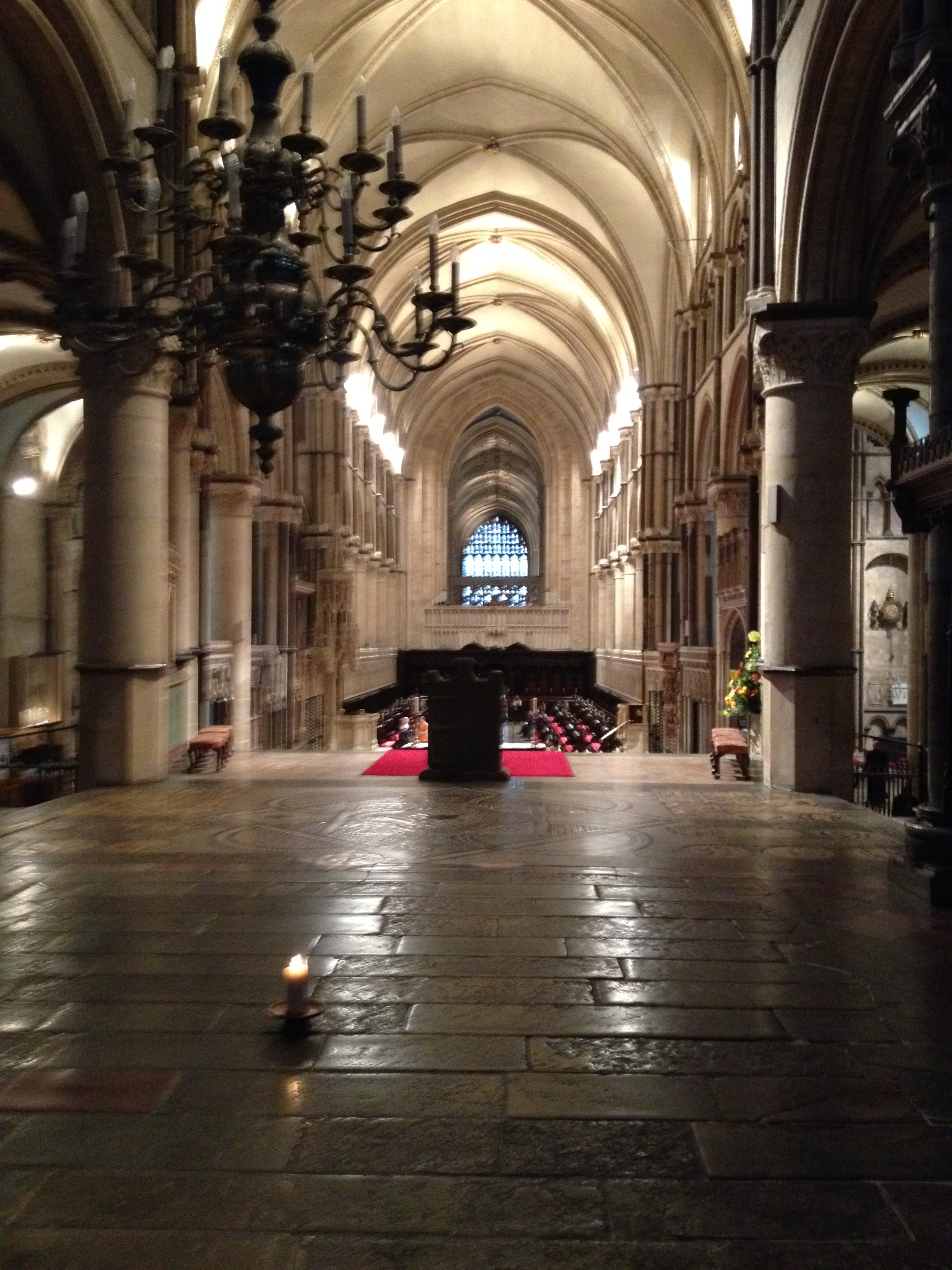 has given us to do.
has given us to do.
 This blog post contains some recent reflections of mine on the inner life. (The audio of this post forms a minisode…with links below)
This blog post contains some recent reflections of mine on the inner life. (The audio of this post forms a minisode…with links below)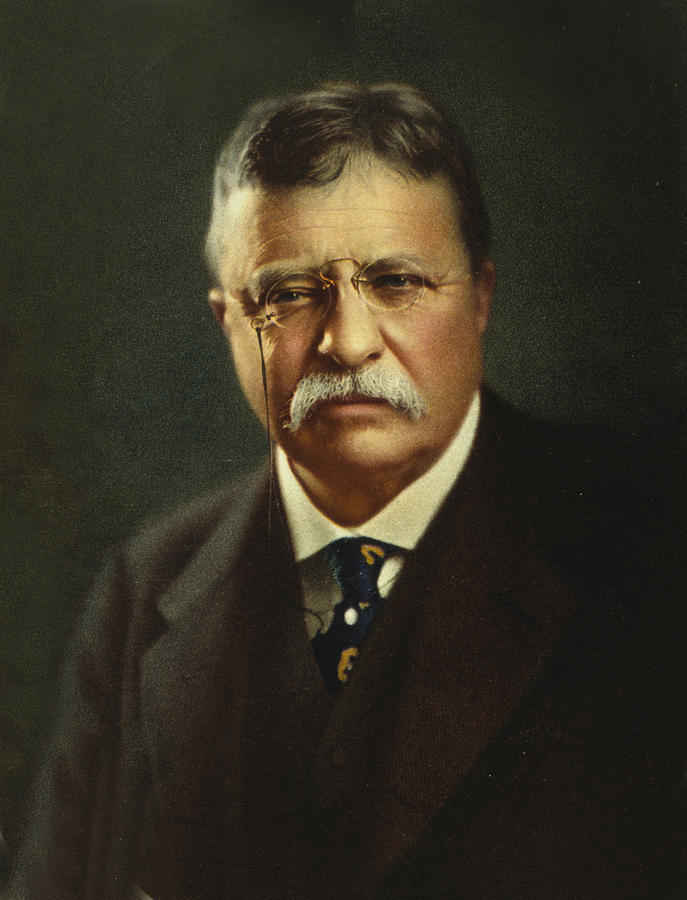 The following is a quote from Theodore Roosevelt, the 26th President of the United States. In our current era where the comments of politicians can have the effect of being polarizing, I think you’ll find President Roosevelt’s words insightful for all of us:
The following is a quote from Theodore Roosevelt, the 26th President of the United States. In our current era where the comments of politicians can have the effect of being polarizing, I think you’ll find President Roosevelt’s words insightful for all of us: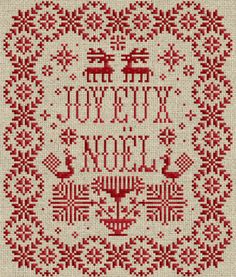 Episode 89 features the reading of the lyrics to two ancient Christmas hymns as well as the texts of two ancient Christmas sermons. The hymns are Verbum Supernum Prodiens (Word Proceeding From On High), dating back to the 6th-7th centuries as well as “The Lord At First Did Adam Make”, found in a compilation of Christmas hymns printed in London in 1823. Of the two sermons, one is a Christmas sermon by Saint Isaac of Nineveh from the 7th century. The other was preached by Saint John Chrysostom in 386 AD, making it one of the oldest known Christmas sermons in the church.
Episode 89 features the reading of the lyrics to two ancient Christmas hymns as well as the texts of two ancient Christmas sermons. The hymns are Verbum Supernum Prodiens (Word Proceeding From On High), dating back to the 6th-7th centuries as well as “The Lord At First Did Adam Make”, found in a compilation of Christmas hymns printed in London in 1823. Of the two sermons, one is a Christmas sermon by Saint Isaac of Nineveh from the 7th century. The other was preached by Saint John Chrysostom in 386 AD, making it one of the oldest known Christmas sermons in the church.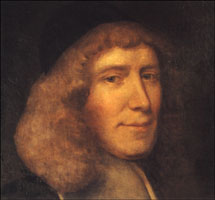 In this minisode, two excerpts are read from Chapter 3 (Communion With God the Father) from John Owen’s 17th century classic “Communion With God”.
In this minisode, two excerpts are read from Chapter 3 (Communion With God the Father) from John Owen’s 17th century classic “Communion With God”.